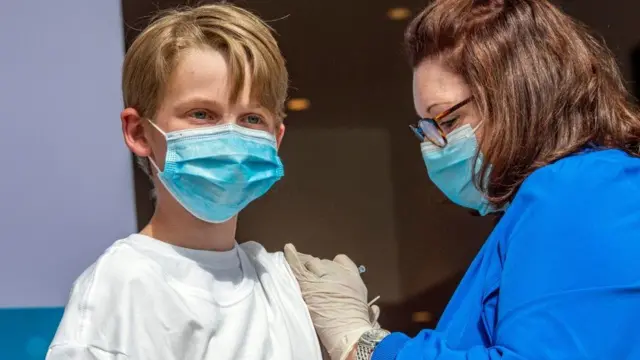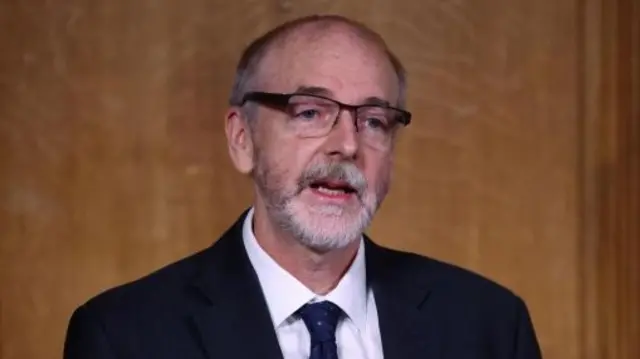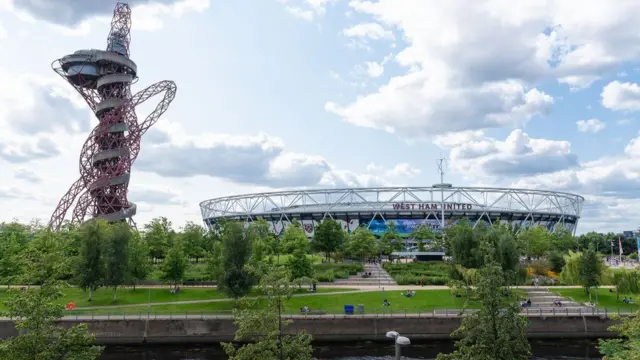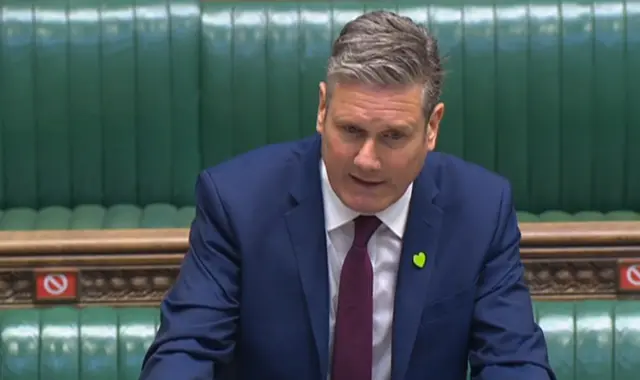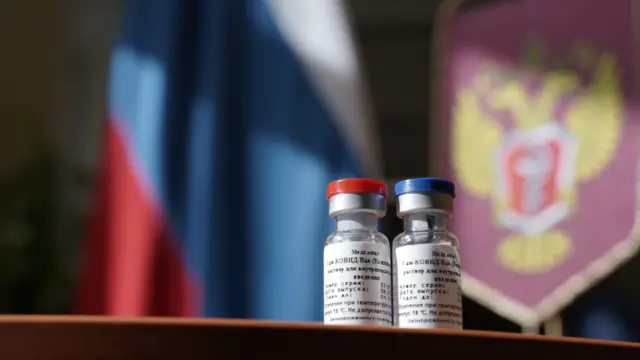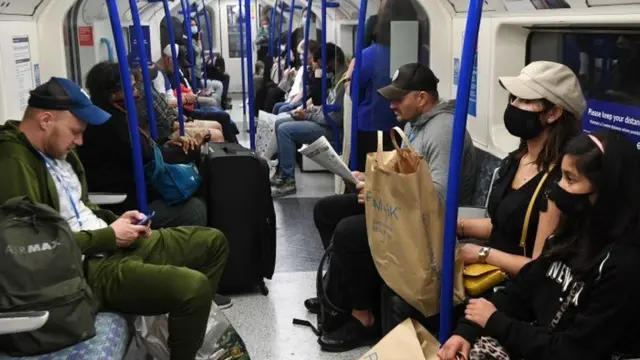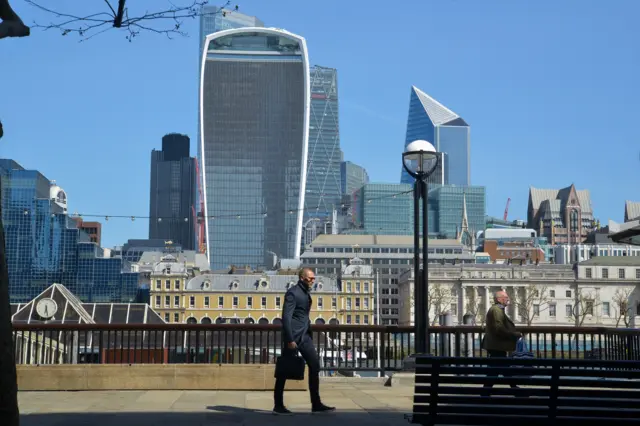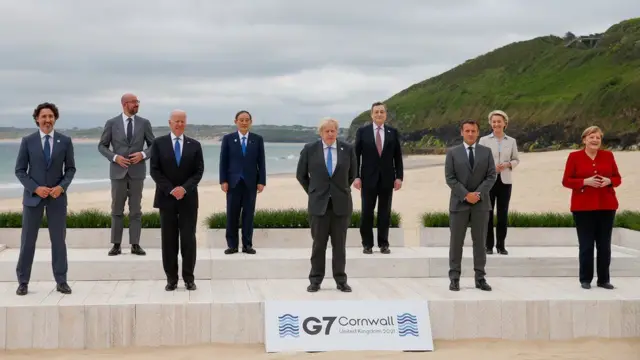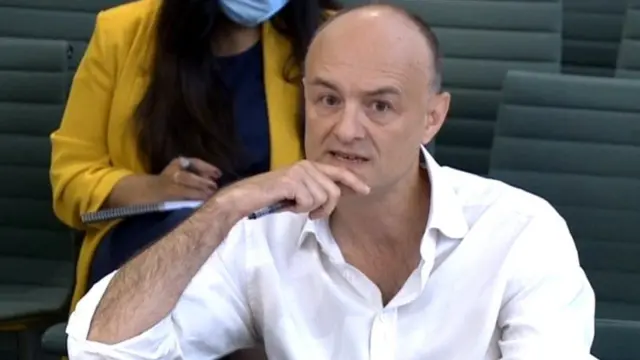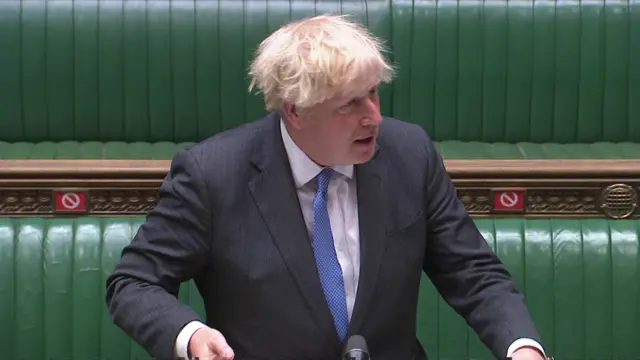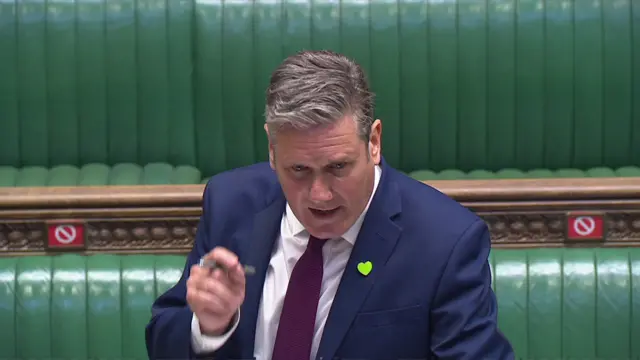Restrictions ease in Francepublished at 14:53 BST 16 June 2021
 Hugh Schofield
Hugh Schofield
BBC News, Paris
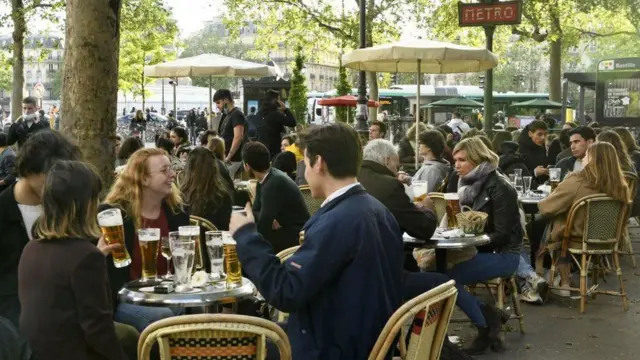 Image source, AFP
Image source, AFPThe French prime minister has announced a further easing of Covid restrictions.
Speaking after the weekly cabinet meeting, Jean Castex said the situation in France had improved much more quickly than expected and the French were witnessing "a return to normal life".
As a result, two restrictions will be lifted in the coming days.
First, from tomorrow, it’ll no longer be compulsory to wear face coverings outdoors (though in some circumstances such as in queues they will still be required).
Then, on Sunday, the nationwide night-time curfew – which currently starts at 23:00 local time – will be lifted entirely. It’ll be the first time since the end of October that the French can leave their homes at night without having to justify themselves.
